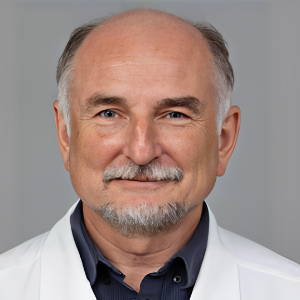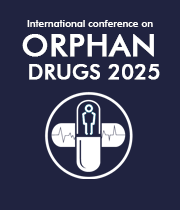Rare Diseases and Ultra Rare Diseases
Interest in rare diseases has expanded in recent years, as evidenced by politicians' and health authorities' agendas, yet ultra-rare diseases still receive far too little attention. Although no legal classification of an "ultra-rare" disease has been created, the National Institute for Health and Care Excellence has informally designated this subcategory for medications having indications for disorders with a prevalence of less than one in per 50 000 people. The approach by which ultra-rare disease research should be conducted, as well as the question of quality, are both critical considerations. Although less stringent criteria may be used for orphan pharmaceuticals than for drugs treating more prevalent diseases, this should not be used as an excuse to deny people with rare diseases the best available treatment. When a patient is diagnosed with a rare or ultra-rare condition, having the correct physician and treatment plan is just as vital as having a support system.
- Ultra-Rare Disease
- Diagnosis
- Drug Development
- Caregivers’ Role

Sergey Suchkov
The Russian University of Medicine & Russian Academy of Natural Sciences, Russian Federation
Vladlen Slepak
University of Miami, United States
Harsha Rajasimha
Jeeva Clinical Trials, Inc, United States
Vladlen Slepak
University of Miami, United States
Harsha Rajasimha
Jeeva Clinical Trials, Inc, United States
Sergey Suchkov
The Russian University of Medicine & Russian Academy of Natural Sciences, Russian Federation


Title : Emerging solutions for inclusive orphan drug clinical trials management
Harsha Rajasimha, Jeeva Clinical Trials, Inc, United States
Title : Ectopically expressed olfactory receptors as an untapped family of drug targets. Discovery of agonists and antagonists of OR51E1, an understudied G protein-coupled receptor
Vladlen Slepak, University of Miami, United States
Title : Personalized and Precision Medicine (PPM) as a unique healthcare model to secure the human healthcare and biosafety among childhood
Sergey Suchkov, The Russian University of Medicine & Russian Academy of Natural Sciences, Russian Federation
Title : Orphan and rare disease emerging as a global public health priority through the view of personalized and precision medicine: How to use the latter to revolutionize pediatric services
Sergey Suchkov, The Russian University of Medicine & Russian Academy of Natural Sciences, Russian Federation
Title : Personalized and Precision Medicine (PPM) though the view of reproductive healthcare, pediatric services and natural family planning: an option for clinicians and caregivers realize the potential of genomics-informed care to secure the individualized human biosafety
Sergey Suchkov, The Russian University of Medicine & Russian Academy of Natural Sciences, Russian Federation
Title : Democratizing ASO drug discovery at La Jolla Labs
Melissa Keenan, La Jolla Labs, United States